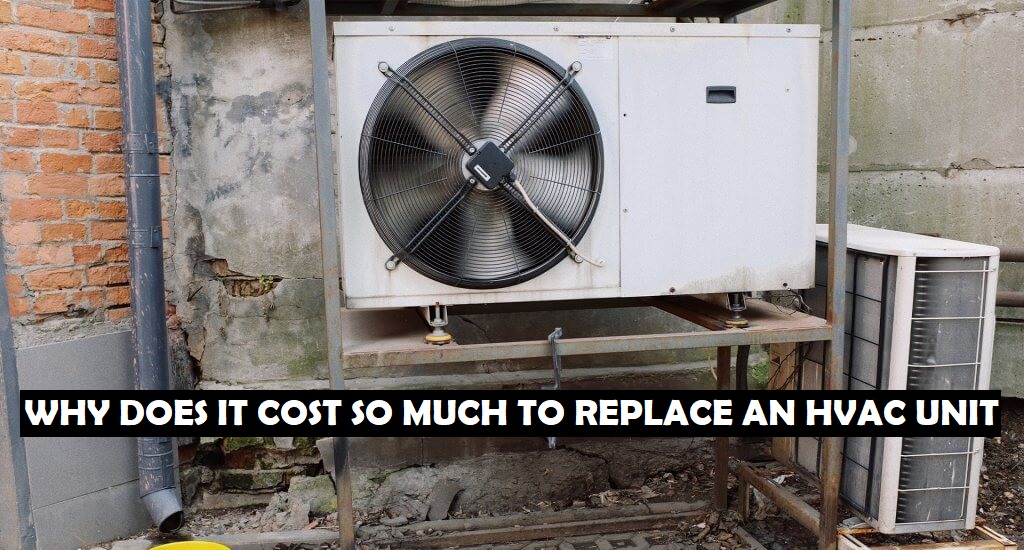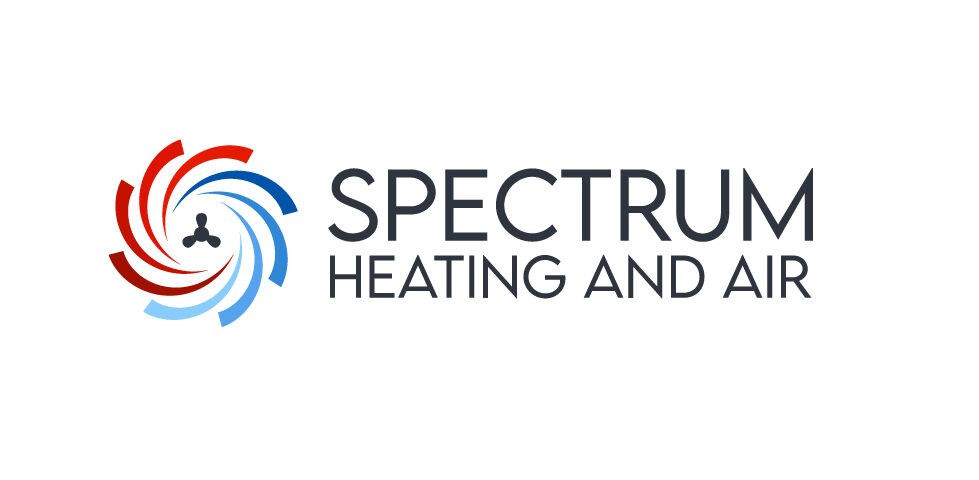When the scorching heat of summer arrives, we rely heavily on our air conditioning units to keep our homes and workplaces cool and comfortable. However, there may come a time when our AC unit fails to perform efficiently, necessitating a replacement. You might wonder, “Why does it cost so much to replace an AC unit?” In this article, we will explore the various factors that contribute to the high cost of AC unit replacement, understand the complexities involved, and uncover tips to ensure a cost-effective and smooth replacement process.

Reasons for AC Unit Replacement
Age and Wear
The most common reason for AC unit replacement is its age and wear. Over time, air conditioning systems lose efficiency, leading to higher energy consumption and increased maintenance needs. As units age, they become more prone to breakdowns, making replacement necessary.
Inefficient Performance
Older AC units may struggle to cool the space effectively, resulting in uneven temperatures and discomfort. Replacing the unit with a newer, more efficient model can resolve these issues and lead to energy savings.
Frequent Repairs
If your AC unit requires frequent repairs, the cumulative costs can become burdensome. A new AC unit can be a cost-effective solution in the long run, reducing the need for constant repairs.
Technological Advancements
Advancements in technology have significantly improved the efficiency and performance of modern air conditioning units. Upgrading to a newer model can lead to better cooling and reduced energy consumption.
Energy Efficiency
With a growing emphasis on sustainability, many homeowners opt to replace their older AC units with energy-efficient models that have higher SEER (Seasonal Energy Efficiency Ratio) ratings, leading to long-term cost savings.
The Complexities of AC Unit Replacement
Sizing and Capacity
Proper sizing of the AC unit is crucial to ensure optimal performance and energy efficiency. A professional assessment is necessary to determine the right capacity for your space.
Ductwork Assessment
Before replacement, the condition of existing ductwork must be evaluated. Leaks, blockages, or inadequate design can impact the efficiency of the new unit.
Installation Challenges
Installing an AC unit requires technical expertise and precision. Incorrect installation can lead to reduced efficiency, higher energy consumption, and frequent breakdowns.
The Cost Factors of AC Unit Replacement
Equipment Cost
The cost of the AC unit itself varies depending on the brand, capacity, and energy efficiency rating. High-quality units may come at a higher price but offer better long-term performance.
Labor Charges
Professional installation is essential, and skilled labor comes at a cost. However, investing in professional installation ensures a smooth and efficient replacement process.
Additional Components
In some cases, additional components such as thermostats, air purifiers, or programmable controls might be required, adding to the overall cost.
Energy Efficiency Ratings
Opting for a highly energy-efficient AC unit might have a higher upfront cost but can lead to substantial savings on energy bills over time.
Maintenance Plans
Including a maintenance plan with the replacement can ensure the longevity and efficiency of the new AC unit, but it adds to the initial cost.
Ensuring Cost-Effectiveness in AC Unit Replacement
Energy Audits
Before replacing your AC unit, consider conducting an energy audit to identify potential energy-saving opportunities throughout your home.
Rebates and Incentives
Check for available rebates and incentives from government programs or utility companies that can help offset the cost of a new, energy-efficient AC unit.
Multiple Quotes Comparison
Obtain quotes from multiple HVAC contractors to compare prices, services, and warranty offerings to find the best deal.
Financing Options
Explore financing options to spread out the cost of AC unit replacement over time, making it more manageable.
The Impact of AC Unit Efficiency on Long-Term Costs
Investing in a highly efficient AC unit might have a higher upfront cost, but long-term energy savings can more than compensate for it, leading to lower overall costs.
The Environmental Perspective: Responsible Disposal of Old Units
When replacing your AC unit, ensure that the old unit is disposed of responsibly, following environmental regulations and recycling options where available.
DIY vs. Professional AC Unit Replacement
Advantages of Professional Installation
Professional installation guarantees proper sizing, precise installation, and compliance with safety standards, ensuring optimal performance and efficiency.
When DIY Might Be an Option
DIY AC unit replacement is generally not recommended due to its complexities, but minor tasks like filter replacement and cleaning can be done by homeowners.
Replacing an AC unit may seem like a significant investment, but it is a necessary step to ensure comfort, energy efficiency, and reduced maintenance costs in the long run. Consider the age and efficiency of your current unit, explore cost-effective options, and seek professional advice for a seamless replacement process. By making an informed decision and opting for energy-efficient models, you can enjoy a cool and comfortable environment while minimizing the impact on your wallet.




